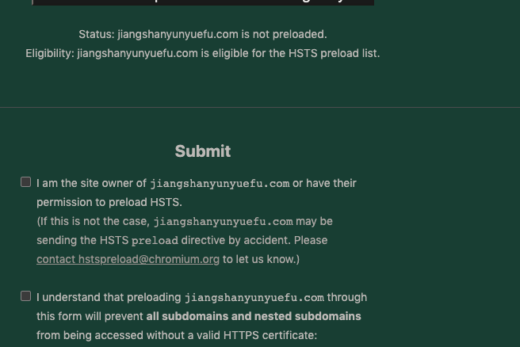raspi-config
network-proxy = http://127.0.0.1:1081
nano .profile
export HTTP_PROXY=http://127.0.0.1:1081
export HTTPS_PROXY=http://127.0.0.1:1081
export HTTP_PROXY=http://127.0.0.1:1080
export HTTPS_PROXY=http://127.0.0.1:1080
export NO_PROXY=localhost, 127.0.0.0/8, ::1, raspberrypi, 192.168.20.85, 192.168.192.47
export https_proxy="socks5://127.0.0.1:1080"
npm config set registry=http://registry.npmjs.org
npm config set proxy=http://127.0.0.1:1080
npm config set https-proxy=http://127.0.0.1:1080
npm config delete proxy
npm config delete https-proxy
snap set system proxy.http=socks5://127.0.0.1:1080
snap set system proxy.https=socks5://127.0.0.1:1080
snap set system proxy.http=http://127.0.0.1:1081
snap set system proxy.https=http://127.0.0.1:1081
git config --global http.proxy http://127.0.0.1:10081
git config --global http.proxy socks://127.0.0.1:10082
git config --global http.proxy socks5://127.0.0.1:10080
git config --global --unset http.proxy
touch ~/.curlrc
socks5="127.0.0.1:1080"
nano ~/.wgetrc
use_proxy=yes
http_proxy=127.0.0.1:1081
https_proxy=127.0.0.1:1081
nano ~/.bashrc
export http_proxy=http://127.0.0.1:1081
Docker
github: docker-firewall
https://docs.docker.com/network/proxy/
nano ~/.docker/config.json
{
"proxies":
{
"default":
{
"httpProxy": "http://172.17.0.1:1081",
"httpsProxy": "http://172.17.0.1:1081",
"noProxy": "127.0.0.0/8,172.0.0.0/8"
}
}
}
mega-cmd
<<< proxy socks5://127.0.0.1:1080
>>> Using proxy: socks5://127.0.0.1:1080 type = PROXY_CUSTOM



